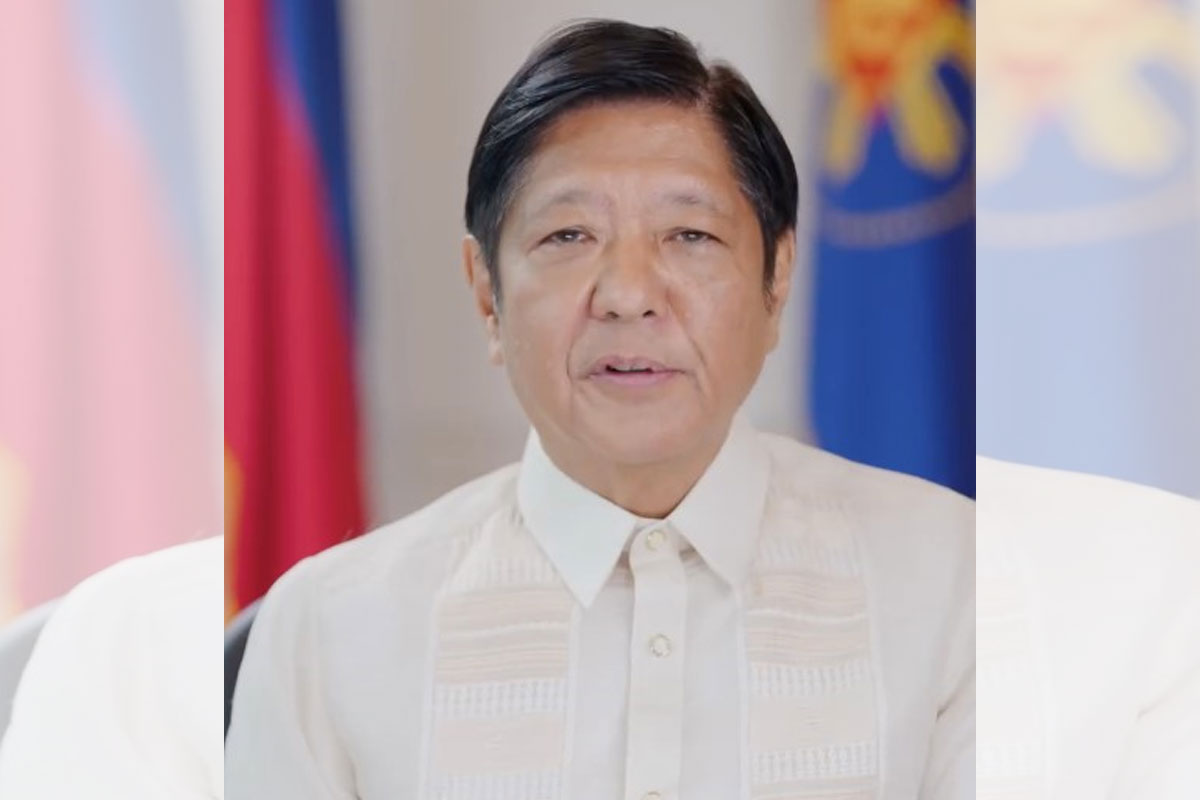
EPIRA law needs revision to lower power rates – LRay
CAMARINES Sur Representative LRay Villafuerte has backed an overhaul of the 21-year-old Electric Power Industry Reform Act (EPIRA) law as endorsed by President Marcos Jr. no less and said one priority amendment to this law to pull down electricity rates should be on jettisoning the rule that grants distribution utilities (DUs) the exclusive right to operate in their respective franchise areas.
The president of the National Unity Party (NUP), Villafuerte, said the Congress should pursue reforms to the EPIRA Law of 2001, including an amendment scrapping the rule that now lets distribution utilities (DUs) enjoy a monopoly over electricity supply in their respective franchise areas.
DUs are corporations, electric cooperatives, state-run utilities, or local government units (LGUs) that have exclusive franchises to operate and maintain electrical distribution systems.
“The 1987 Charter prohibits any monopoly or exclusive right in franchises,” he said. “The EPIRA Law of 2001 should thus be amended to make this Constitutional prohibition clear, so that competing DUs could be allowed to do business in areas currently serviced solely by franchisees. This way, consumers will have the power of choice as to which service provider to get, based on which one offers more stable, better and cheaper services.”
Villafuerte issued this statement as he welcomed a decision reached by the Legislative-Executive Development Advisory Council (LEDAC) during its first meeting convened by President Marcos Jr. last September to prioritize amending the EPIRA when the Congress resumes session this week after its month-long break.
Later, in a visit to Bacolod City, the President batted anew for amending the EPIRA after local officials had informed him of their plan to enter into a joint venture (JV) with solar power generation companies so they could tap renewable energy (RE) sources in slashing electricity rates for the benefit of consumers.
Given that the EPIRA prohibits power generators from selling electricity directly to consumers, the President suggested to Bacolod officials for the city government to get an opinion from the Energy Regulatory Commission (ERC) on this matter.
Whatever the eventual opinion of the ERC would be on this issue, Mr. Marcos said this should be the basis for an EPIRA amendment.
With the President himself backing changes to EPIRA, Villafuerte said the Congress should pursue eight reforms, topped by amending EPIRA, to foster genuine market competition, which, in turn, would clear the way to more affordable electricity for consumers and a lot more investments by the private sector.
“Such reforms would enable the Marcos administration to achieve after over two decades the lofty goals of the EPIRA Law to nurture true market competition, ensure reliable and affordable electricity for consumers, attract more FDIs (foreign direct investments) and check market abuse,” Villafuerte said.
“We need to rid this market of monopolistic structures, particularly in the power distribution level, that have hindered true competition and prevented consumers from gaining access to industry players that offer better services and cheaper electricity,” said Villafuerte, who is the majority leader of the bicameral Commission on Appointments (CA) that screens presidential appointees.
Villafuerte sought the removal of “market barriers that have upended RA (Republic Act) 9136’s goal of guaranteeing consumer choice, thus helping President Marcos deliver on his “Sama-sama tayong babangon muli” presidential campaign pledge to uplift the lives of all Filipinos.”
Second, to ensure that electricity consumers are neither overcharged nor held hostage to sudden rate adjustments that unduly pad their monthly bills, Villafuerte said the Department of Energy (DOE) should consider negotiating for long-term power supply agreements (PSAs) with fixed electricity rates instead of the current government practice of approving “floating” PSA contracts that are adjusted from time to time, based on unpredictable factors such as fluctuating foreign exchange rates and global oil prices.
He said that in relation to this, a third reform is for the DOE to introduce a long-term forward market where the entire industry could bid for long-term forward contracts for the entire national power grid.
Fourth, the DOE should also consider dumping its current policy of approving individual contracts in favor of approving the entire load profile per contractor in which the PSA itemizes how much of the entire electricity load for a franchise area comes from their baseload, intermediate, or mid-merit and peaking plants, he said.
Fifth, the DOE and the Philippine National Oil Co. (PNOC) should strive to increase the share of natural gas in the national power mix to ensure a more stable power supply through diversification.















